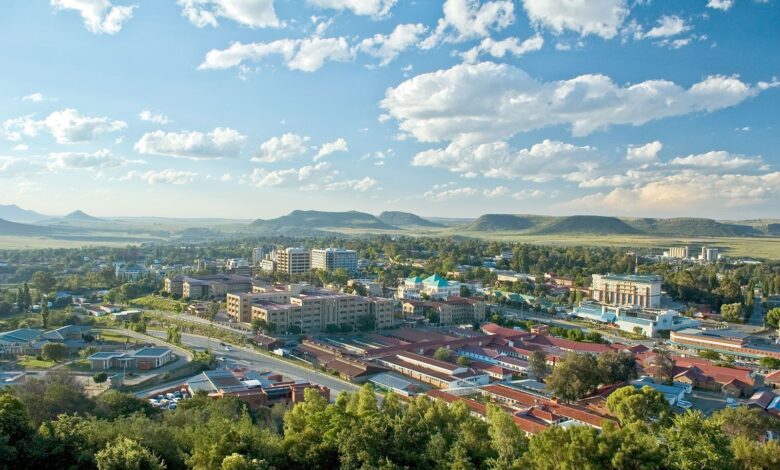Info
20 Things You Should Know About Maseru

Maseru, the capital city of Lesotho, is rich in culture, history, and natural beauty. Here are 20 things you should know about this vibrant city:
- Location: Maseru is located near the southeastern border of South Africa, along the Caledon River. Its unique position makes it a gateway for travelers between the two countries.
- Elevation: At an elevation of approximately 1,600 meters (5,250 feet) above sea level, Maseru is one of the highest capital cities in the world, offering stunning views of the surrounding mountains.
- History: Established in 1869, Maseru was initially a military post for the British. It became the capital of Lesotho in 1966 when the country gained independence from Britain.
- Population: As of the latest estimates, Maseru has a population of around 300,000 people, making it the largest city in Lesotho.
- Culture: The city is a melting pot of Basotho culture, evident in its traditional music, dance, and art. Visitors can experience cultural events and festivals throughout the year.
- Architecture: Maseru features a blend of modern and traditional architecture, including the impressive National University of Lesotho and the historical Basotho Hat-shaped structures.
- Economy: The economy of Maseru is primarily based on government services, textile manufacturing, and remittances from Basotho living abroad, particularly in South Africa.
- Language: Sesotho is the predominant language spoken in Maseru, although English is also widely used, especially in business and government.
- Climate: Maseru has a temperate climate with warm summers and cold winters. Snow can occasionally fall in the winter months, providing a unique experience for residents and visitors.
- Transport: Maseru is well-connected by road, with major highways linking it to South Africa. The city also has a small airport, Moshoeshoe I International Airport, facilitating regional travel.
- Tourism: The city serves as a base for tourists exploring Lesotho’s natural wonders, including the Maluti Mountains, the Sani Pass, and the scenic Katse Dam.
- Shopping: Maseru offers a variety of shopping experiences, from local markets selling traditional crafts and textiles to modern shopping malls featuring international brands.
- Cuisine: Traditional Basotho cuisine can be enjoyed in Maseru, with dishes such as papa (maize porridge), meat stews, and fresh vegetables. Local restaurants often feature lively atmospheres.
- Nightlife: While not known for a bustling nightlife, Maseru has several bars and clubs where visitors can enjoy local music and dance.
- Education: Maseru is home to several educational institutions, including the National University of Lesotho, which plays a vital role in higher education in the country.
- Health Services: The city has various healthcare facilities, including public and private hospitals, providing essential medical services to residents.
- Sports: Football is the most popular sport in Maseru, with local clubs and a national team, Lesotho Likuena, drawing passionate support from the community.
- Public Transport: Maseru has a system of minibus taxis that serve as the primary mode of public transport, making it easy to navigate the city and surrounding areas.
- Safety: While generally safe for tourists, it’s advisable to exercise caution and be aware of your surroundings, particularly in less busy areas.
- Local Customs: Understanding Basotho customs and traditions is important for visitors. Greetings are essential, and showing respect for local customs is appreciated.
Maseru is a city that embodies the spirit of Lesotho, offering a unique blend of culture, history, and natural beauty. Whether you’re visiting for a short trip or planning a longer stay, exploring Maseru will provide you with a deeper understanding of this fascinating country.
Join 'Lesotho News' WhatsApp Channel
Get breaking Lesotho news — delivered directly to your WhatsApp.
CLICK HERE TO JOIN



